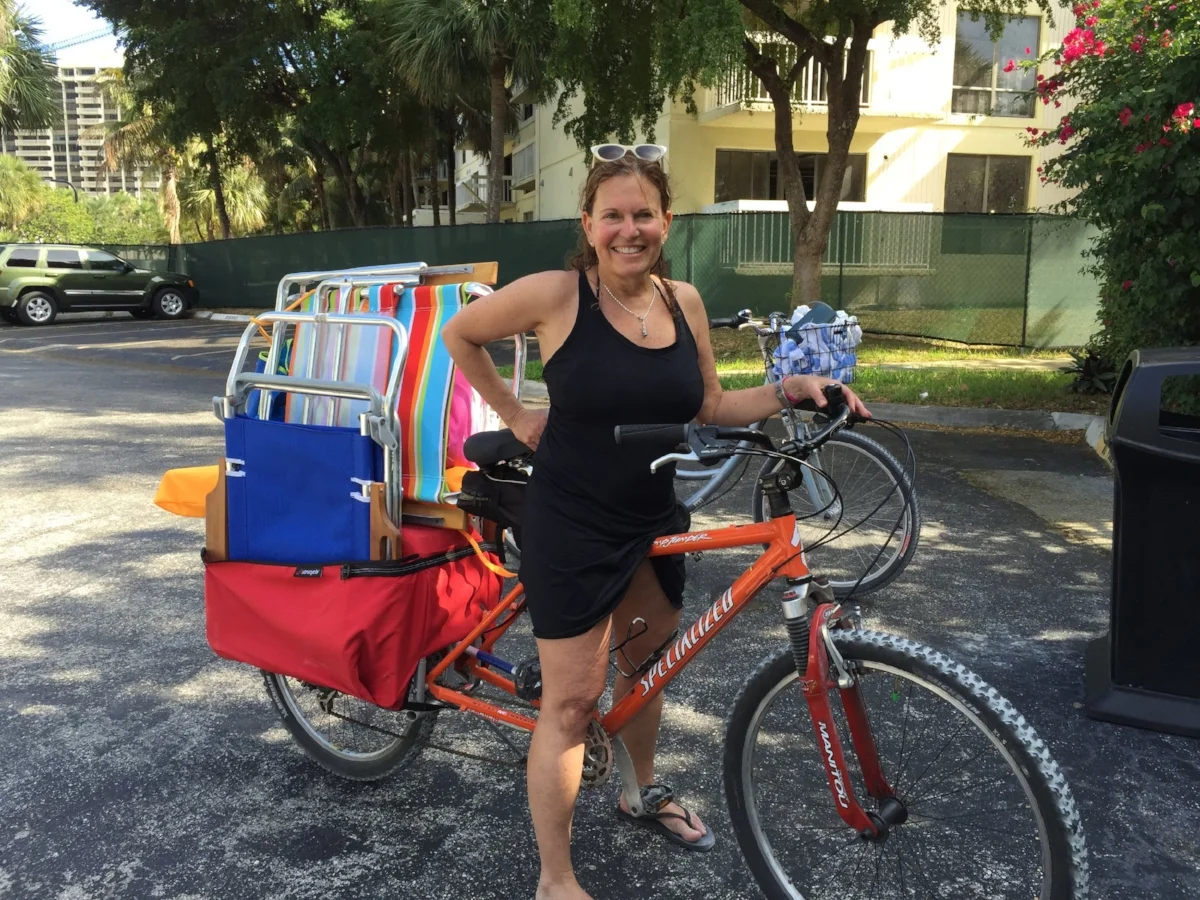Planned obsolescence
As I child I had no battery-operated toys. No talking dolls or Easy Bake Oven (which mattered little to me).
But also, no twinkly Lite-Brite for creating colorful designs in the dark (which mattered a lot).
My Depression-deprived parents protested “planned obsolescence” by banning all such things. Dead batteries necessitated new batteries, which compounded initial cost.
Barbie, too, was verboten. But not because my mother was all-in on Betty Friedan and Gloria Steinem (which she was).
Toys with line extensions also were money pits. A Barbie needed a Ken. And they both needed clothes. And a dream house. And cars and career outfits and tiny hairbrushes and combs.
Until I left for college, my books were borrowed from the library and my music came from the radio. Newspapers were always a day old, salvaged by my father from a dumpster in the alley behind the bank.
Of course, things are different today.
I’m freer in every way. I’ve made my living by creating demand. And I happily pay through the nose for media that’s obsolete the moment it goes live.
H&M has a $43 billion pile of unsold, out-of-style clothing, and the pile keeps growing. People buy more, not less. They just buy it elsewhere. A Mermaid Fantasy Gold Label Barbie (still in the box) can be had for $499 on eBay.
It’s been almost three years since I gave away the trampoline and loaded up a small truck to move to Denver. I've made some purchases for my new life: powder skis, a hammock, a scooter. And a table for my deck where I can work until dusk.
But many of the things I carted here, I still haven't used.
Thankfully, ’tis the season to spring clean. So once again, I revisit my closets and my cupboards. My bookshelves. And the bins in the garage. I am eager to weed out what no longer serves me.
I crave open space.
Space, so I can breathe full breaths. Space, so my heart stays open to whatever comes next.
Planned obsolescence has a different meaning now.
For my growing son, childhood will soon be obsolete. As will be the fierce brand of single motherhood that has kept me by his side.
Episodic employment—by its very nature—renders every project eventually obsolete.
And don’t get me started on the pets we love and lose. The romances that wax and wane. And the homes we build and dismantle.
Existentially speaking, aren’t we all planning around—and planning for—obsolescence.
The question, then, is what do we do about it?
Do we re-up on batteries and soldier on? Preserve our toys and hope their value grows? Spin ourselves off into something similar but only slightly better?
Or do we send the old parts to the scrap heap and invent something new?
Clear the clutter and plan to travel light.
Find an infinite store of renewable energy and go!






